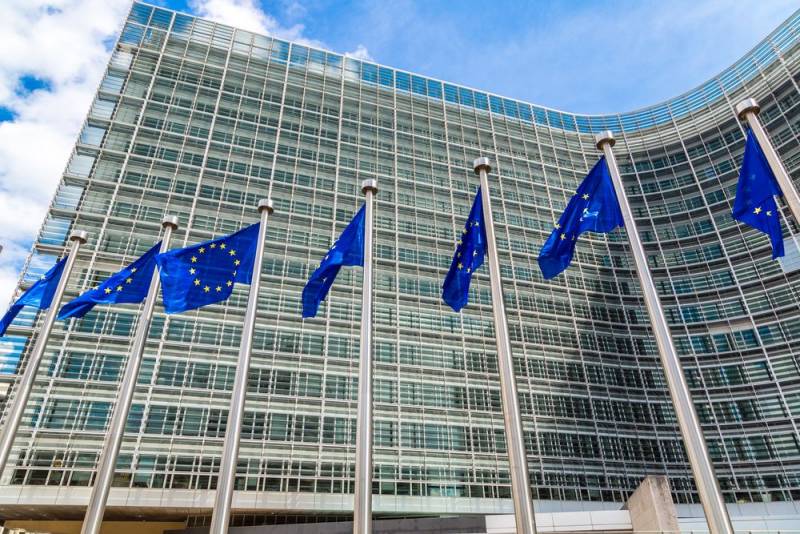EU extended sanctions against certain sectors of the Russian economy
We recently reported that Russia is not asking cancellations EU sanctions and extended pro-embargo against the countries of the anti-Russian sanctions coalition. And so, on June 27, 2019 on the official website of the European Council (the European Council is the highest political EU body) a statement appeared that the EU has extended sanctions on certain sectors of the Russian economics until January 31 2020 year.
It should be noted that the extension of sanctions is linked to the implementation of the Minsk agreements, i.e. For the past five years, Brussels has been trying to make Moscow a party to the intra-Ukrainian conflict. The occasion, this time, was the report of German Chancellor Angela Merkel and French President Emmanuel Macron at a meeting of the European Council on June 20-21, 2019.
The restrictions affect the financial, energy and defense sectors of the Russian economy, as well as dual-use goods. Such sanctions (comprehensive measures) were first applied by the EU against Russia in July 2014.
I must add that this is not a package of sanctions. Prior to this, the EU until June 23, 2020 extended anti-Russian sanctions in connection with the entry of Crimea and Sevastopol into Russia (in the EU this is considered an “illegal annexation”). In addition, targeted individual restrictive measures are in effect until September 15, 2019, namely, a visa ban and asset freeze in respect of 170 individuals and 44 legal entities (this has yet to be extended by the EU). At the same time, the EU does not cease to remind Russia that sanctions are a temporary stage and can be lifted at any time.
It should be noted that the extension of sanctions is linked to the implementation of the Minsk agreements, i.e. For the past five years, Brussels has been trying to make Moscow a party to the intra-Ukrainian conflict. The occasion, this time, was the report of German Chancellor Angela Merkel and French President Emmanuel Macron at a meeting of the European Council on June 20-21, 2019.
The restrictions affect the financial, energy and defense sectors of the Russian economy, as well as dual-use goods. Such sanctions (comprehensive measures) were first applied by the EU against Russia in July 2014.
I must add that this is not a package of sanctions. Prior to this, the EU until June 23, 2020 extended anti-Russian sanctions in connection with the entry of Crimea and Sevastopol into Russia (in the EU this is considered an “illegal annexation”). In addition, targeted individual restrictive measures are in effect until September 15, 2019, namely, a visa ban and asset freeze in respect of 170 individuals and 44 legal entities (this has yet to be extended by the EU). At the same time, the EU does not cease to remind Russia that sanctions are a temporary stage and can be lifted at any time.

Information